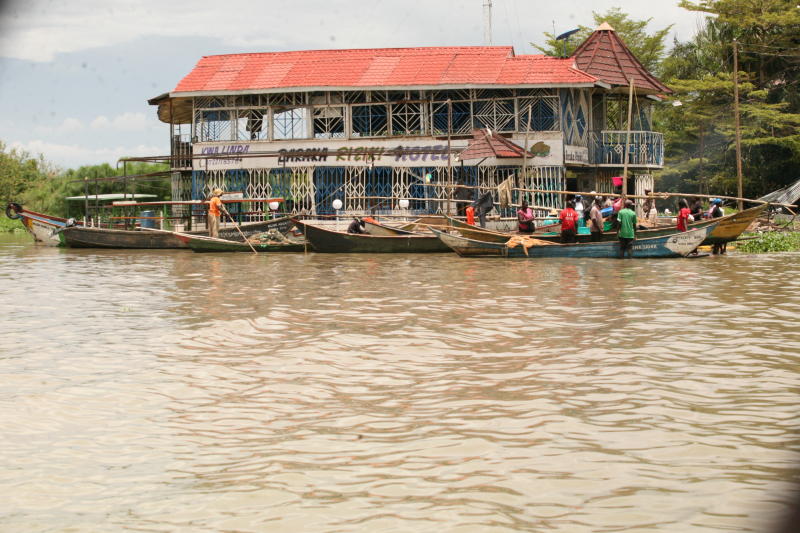×
The Standard e-Paper
Home To Bold Columnists

Five years ago, scientists warned about the rising water levels of Lake Victoria, but many people did not take them seriously. Just a few anticipated to live to see this depth of devastation.
It has always been business as usual as investors, residents and other traders scrambled to set up businesses around the lucrative shores of Lake Victoria. Prices of parcels of land around the lake have soared with crops planted in large swathes of adjacent land as residents continued to make a living from the natural resource.